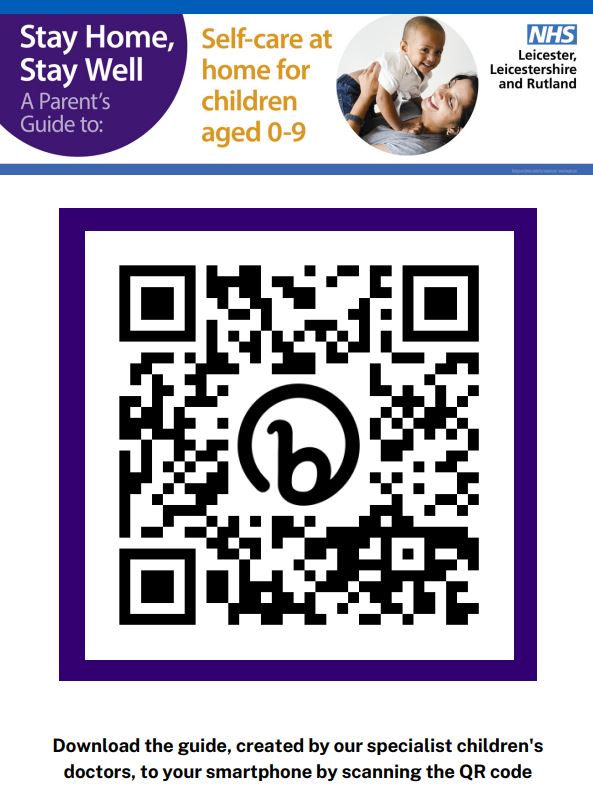The Most Common Conditions That Children Present With For Urgent Care – The Big 6
- Sepsis
- Fever + Information for Parents and Carers
- Respiratory
- Gastroenteritis + Information for Parents and carers
- Head injury + Information for Parents and carers
- Abdominal pain + Information for Parents an carers
Please find below links to resources for parents and carers
Resources have also been provided below to aid Parents/Carers.
- Operation Ouch! – The Operation Ouch! team have created videos on the subjects of asthma, fever, diarrhoea and vomiting and head injuries that can be watched together with children. Under each video, you will also see that there are versions available to view with subtitles in different languages – Operation Ouch! video series – Grownups – Health for Kids
- Child Health Series: These series of short videos provides answers to some common questions raised by parents regarding breathing, wheezing and coughing (asthma related). Child Health Series – Breathing, Wheezing and Coughing (previously live on 13/01/2022) – YouTube
Group A streptococcal infections & Scarlet Fever
Please find some useful videos done by Prof Damian Roland as advice for parents and carers on group A streptococcus and scarlet fever .
Shorter video: Parent & Carer advice on Group A Strep & Scarlet Fever – YouTube
Longer video: Group A Streptococcus and Scarlet Fever – YouTube
Guide to your child’s temperature
A normal temperature in babies and children is about 36.4C, but this can vary slightly from child to child.
A high temperature is 38C or more.
A high temperature is the body’s natural response to fighting infections like coughs and colds.
Many things can cause a high temperature in children, from common childhood illnesses like chickenpox and tonsillitis, to vaccinations.
Checking a high temperature
Your child might:
- feel hotter than usual when you touch their back or chest
- feel sweaty
- look or feel unwell
Use a digital thermometer, which you can buy from pharmacies and supermarkets, to take your child’s temperature.How to take your child’s temperature
What to do if your child has a high temperature
You can usually look after your child or baby at home. The temperature should go down over 3 or 4 days.
Do
- give them plenty of fluids
- look out for signs of dehydration
- give them food if they want it
- check on your child regularly during the night
- keep them at home
- give them either paracetamol or ibuprofen if they’re distressed or unwell – check the packaging or leaflet to make sure the medicine is suitable for your child, or speak to a pharmacist or doctor if you’re not sure
- get medical advice if you’re worried about your child
- try to keep your child at home and avoid contact with other people until they do not have a high temperature
Don’t
- do not undress your child or sponge them down to cool them, a high temperature is a natural and healthy response to infection
- do not cover them up in too many clothes or bedclothes
- do not give aspirin to children under 16 years of age
- do not combine ibuprofen and paracetamol, unless it has been recommended by a doctor
- do not give paracetamol to a child under 2 months
- do not give ibuprofen to a child under 3 months or under 5kg
- do not give ibuprofen to children with asthma or chickenpox, unless it has been recommended by a doctor
More information is available here: https://www.nhs.uk/conditions/fever-in-children/
Download advice for parents
https://www.leicestershospitals.nhs.uk/patients/winter-health-advice/parents-stay-well-guide/

